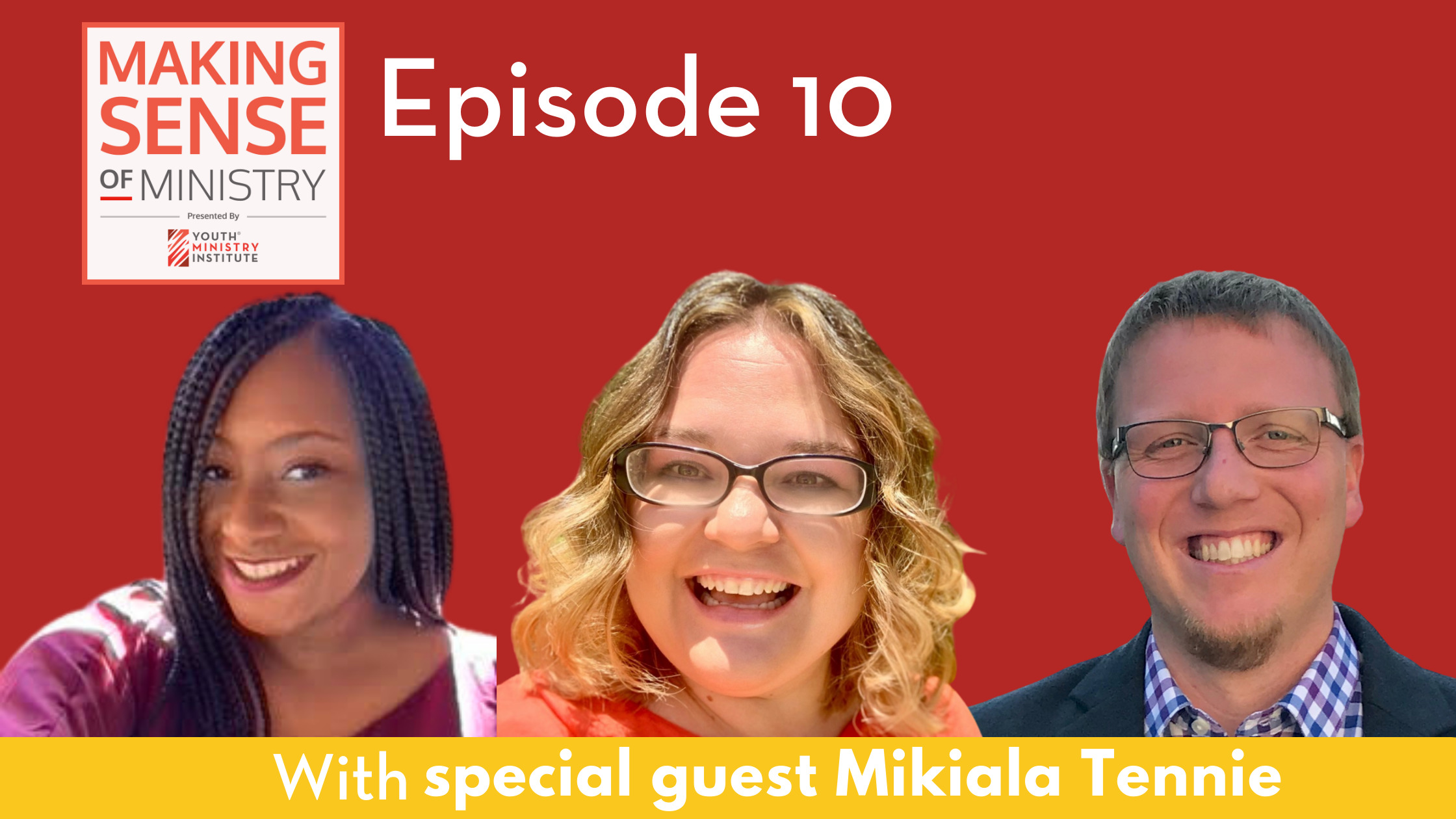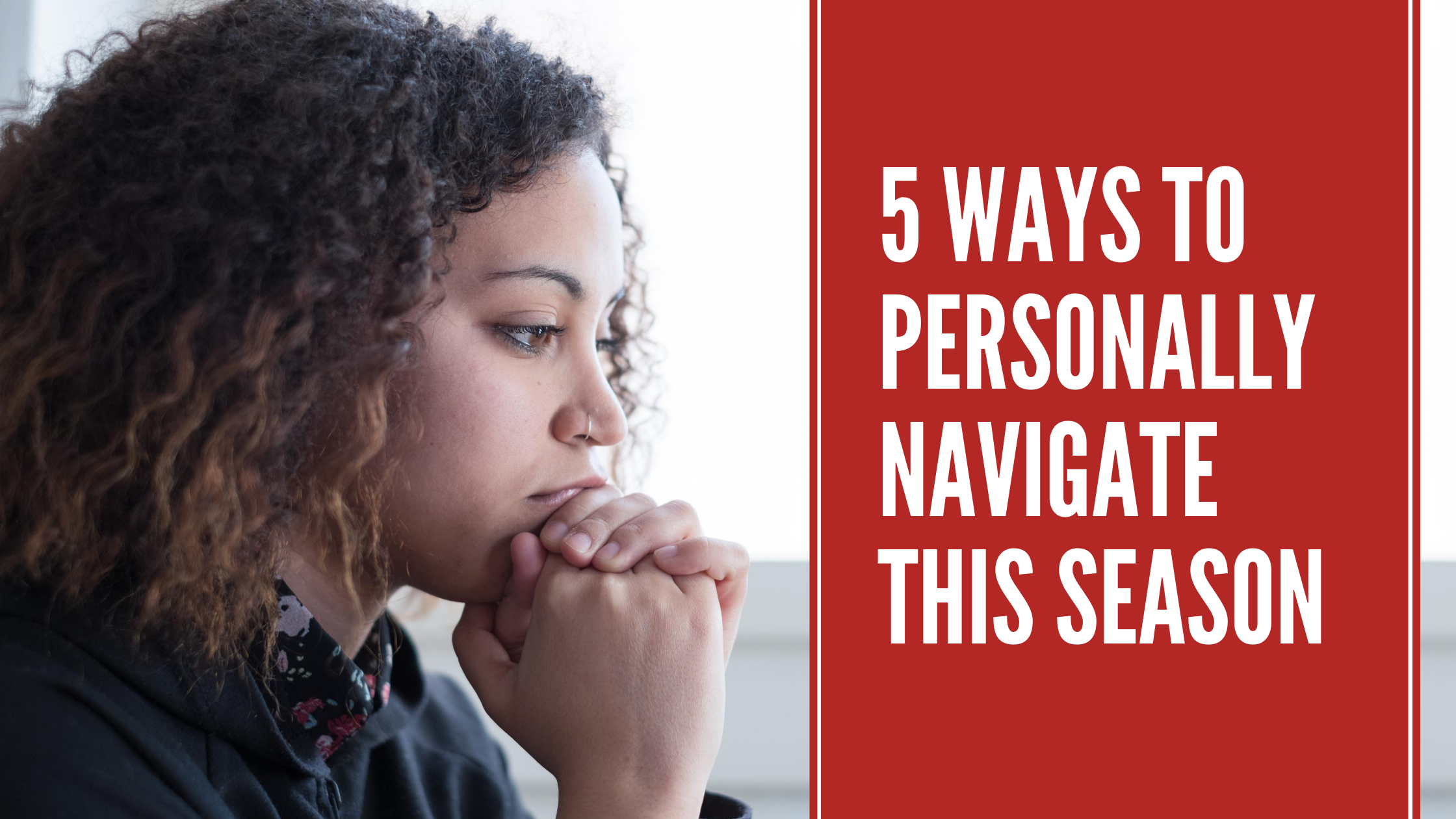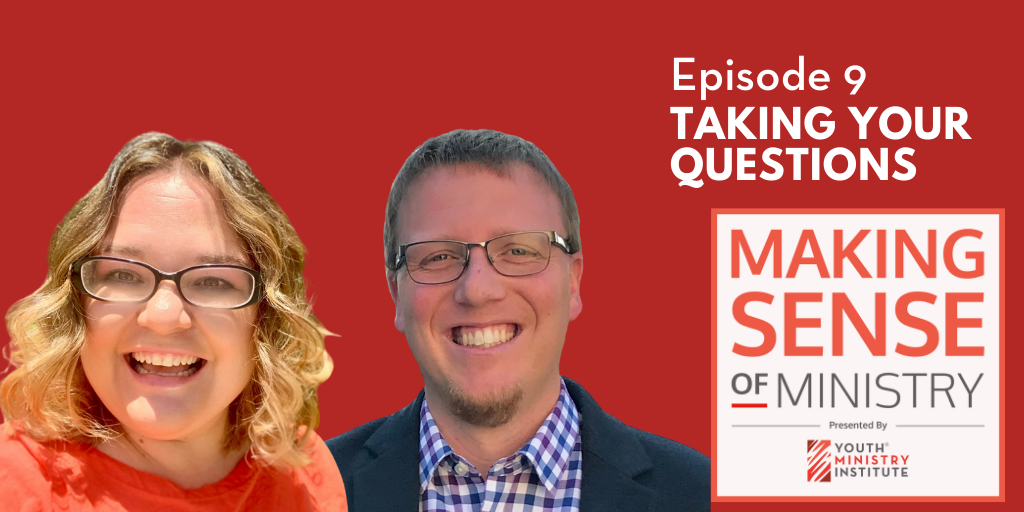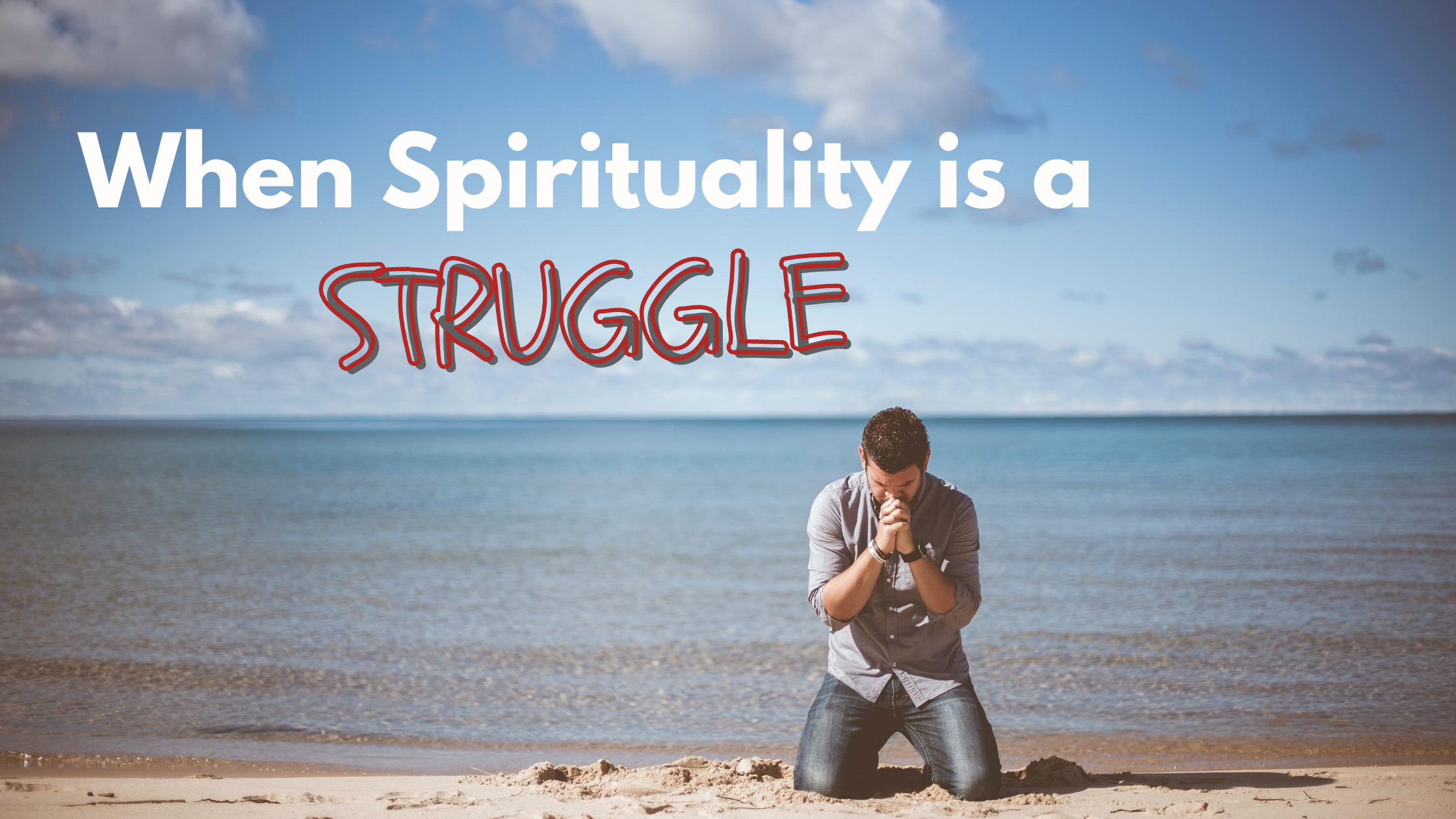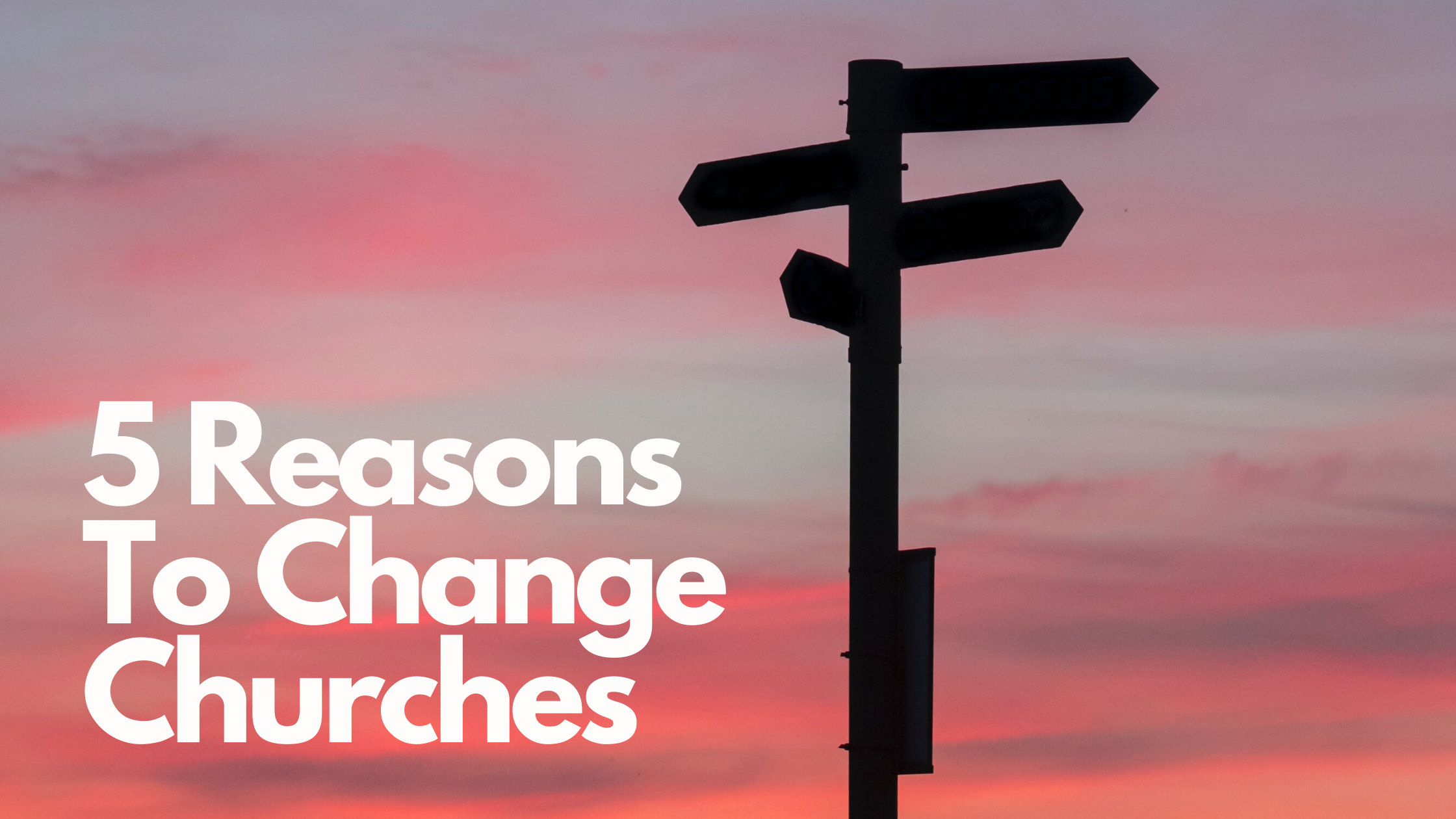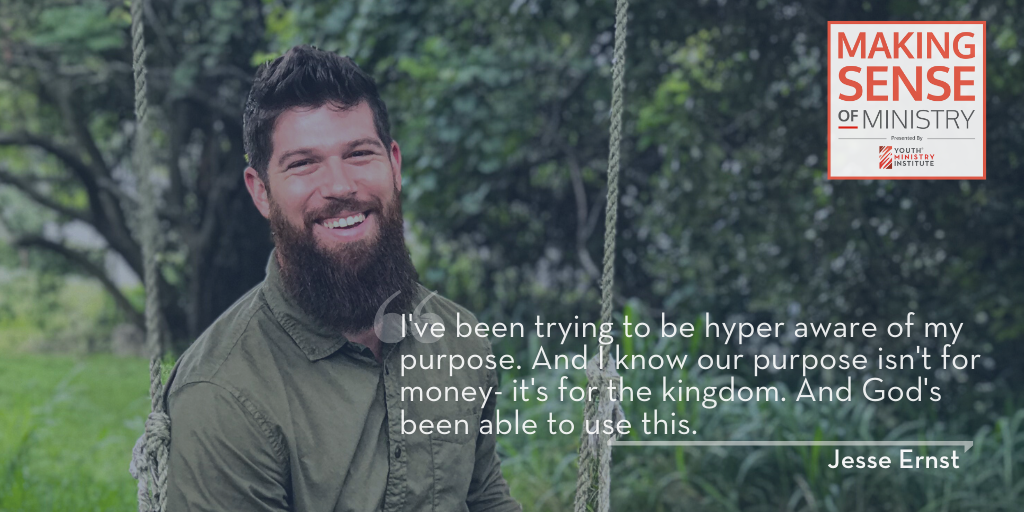In this episode, Mikiala Tennie joins Brian and Kirsten to discuss your questions! These questions include priorities when starting a new job, Trunk or Treat, COVID policies, and more! Mikiala grew up in South Florida. She started volunteering in student ministry while still a student herself and hasn’t stopped serving students since. Mikiala works in […]
Author Archives: Brian Lawson
3 BIG IDEAS FOR CONNECTING WITH YOUR STUDENTS
Connecting with your students can be difficult. Here are 3 big ideas to make connecting easier for you.
5 Ways To Personally Navigate This Season
How will you continue to navigate this season? March 8 was the first Sunday that many churches throughout the world went online for worship in an effort to avoid in-person worship during the outbreak of COVID-19. As of the date of this article, that was less than 150 days ago. In less than 150 days, […]
09: Taking Your Questions On Family Devotions, Volunteers, Planning During Covid, and More!
In this episode, Kirste and Brian discuss your questions! These questions include family devotions, volunteers, planning during COVID, and more! Resources MentionedProfessional Youth Ministry CertificationProfessional Youth Ministry CoachingProfessional Children’s Ministry CoachingYMI Job BoardYMI Blog Join Our Facebook GroupSubscribe To Content Filled EmailsFind the Youth Ministry Institute on Facebook, Instagram, Twitter, or Linkedin.Find Brian on Facebook, Instagram, Twitter, or Linkedin. Support the show Transcript Ashley : 0:01 […]
When Spirituality Is A Struggle
Right now, spirituality is a struggle for many of us. I’ve recently been following Jon Steingard, former lead singer of Christian band Hawk Nelson, on social media. If you know me, it’s not surprising – I follow most of my favorite musicians on several platforms. But it’s Jon Steingard that I’ve followed most closely lately. […]
Faces On Zoom: Blank Screens And Ceiling Fans
We’ve all done it, right? You put time, effort, and energy into prepping a virtual lesson for the youth group. You’ve advertised, and you or your volunteers reach out to the students, then you get online early in case anyone drops in to chat. You wait, and soon people begin to log on. You think, […]
5 Reasons To Change Churches
We have all been there as youth ministers… attempting to discern when and why to change churches. Hopefully, these ideas will help you to make your decision. 5 Reasons To Change Churches #5 No Parent Volunteers Now, many of us might not even know what a parent volunteer looks like anymore. Many ministries look like a “drop-off” […]
WHAT DO YOUTH WANT?
It’s time to set the annual calendar for the youth ministry. Who do you invite to the meeting- church pastor, volunteers of the ministry, parents? What about the teens within the ministry; did you consider inviting them? Many have been guilty of believing that the youth of the ministry will not know what they want […]
08: Jesse Ernst on Starting a Business, Seeing God in All Situations, Time Management, and Why You Need a Local Support Network
In episode 8 of the Making Sense of Ministry podcast, Jesse Ernst shares on starting a small business, seeing God in all situations, and more.
Give Yourself A Break
I do not know who needs to hear this but give yourself a break. You are doing the best you can, and that is more than enough. Are you finding it hard to be motivated to do things right now? Do you feel like the things you are doing are not good enough? Do you […]

